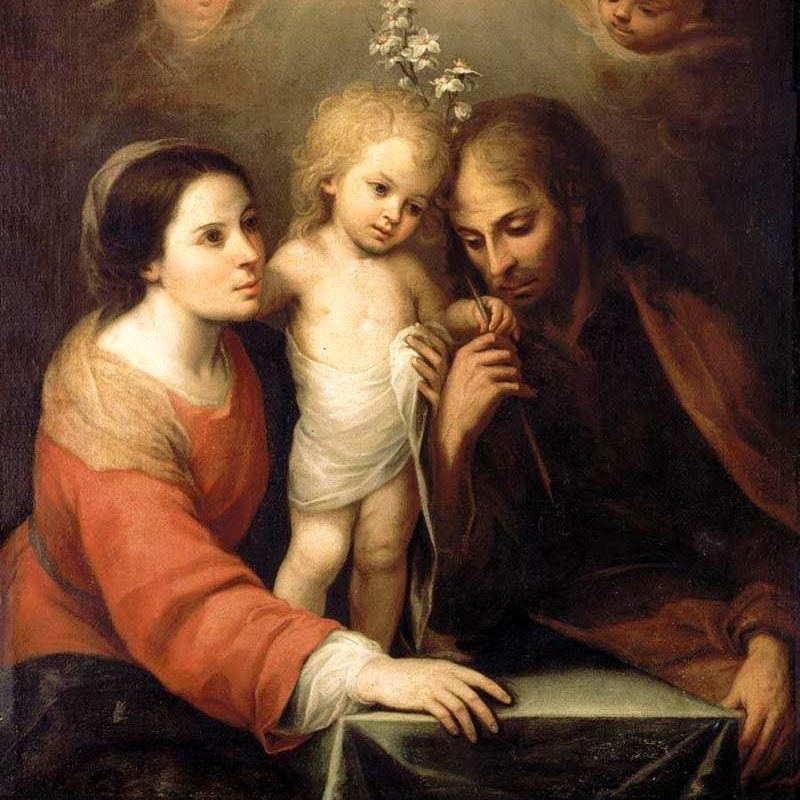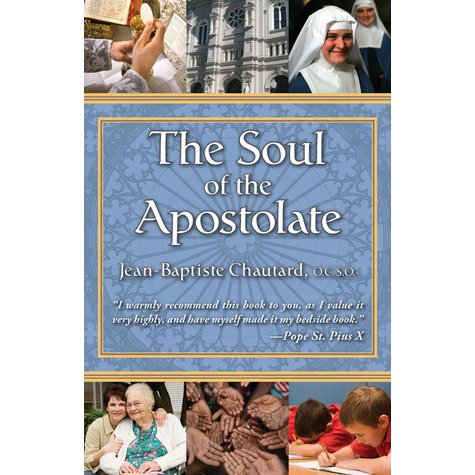Here’s one new year’s resolution I might formulate: to update my blog more often!
I’ve been slack in recent months. Maybe if I break an earlier resolution — not to post my Sunday homilies — I’ll at least revive the habit of updating my blog regularly.
Sometimes new resolutions demand the violation of old resolutions!
Feast of the Holy Family
The family is the simplest and most basic form of society. It’s a school of virtues and social life — it’s where we learn to practise obedience, to show concern for others, to foster a sense of responsibility, to offer understanding and help. And the family isn’t only the building block of society. It’s also one of the simplest and most basic forms of the Church.
The Christian family is often called, “the domestic Church” — the first and fundamental community of love and faith. And no wonder, when we consider the Holy Family! It’s here, in the family, that God wanted the Messiah to begin his redemptive work. The first thing that Jesus sanctified with his presence was a home.
It didn’t have to be this way. Perhaps the most mysterious figure in the Old Testament is Melchizedek, a king and priest who prefigures the Messhiah. Melchizedek emerged out of nowhere — no history, no family, no backstory. The Messiah could easily have done the same, so it must be significant that God instead willed the Messiah to start his redemptive mission in a family.
Of course, our Lord’s mission reached its zenith in the Paschal Mystery — in the passion, death, and resurrection. But the Paschal Mystery doesn’t discount the importance of Jesus’ public ministry — his teaching and healing. And it doesn’t diminish the importance of his “hidden life” — the years spent with Our Lady and St Joseph.
Some Christians are called to imitate Jesus in his public ministry. They lead a life of preaching and teaching and healing. Some Christians are called to imitate Jesus in his martyrdom. They lay down their lives in their witness to the faith. But most Christians aren’t full-time ministers, and — thank God! — most Christians aren’t martyred. Still, they are called to imitate Jesus.
Nothing extraordinary happened during those years in Egypt and Nazareth, where Jesus spent the greater part of his life. But that doesn’t mean we should ignore his ordinary life. On the contrary, it means that God doesn’t ignore our ordinary life!
The Holy Family, I think, reminds us that family is the ordinary place for us to find God — more so, even, than the local church. Our Lord makes himself available in the Tabernacle — waiting for our visits, for our acts of adoration, for our holy communion. But we come to church to find God, so that we when we leave the church, we can find God.
The Holy Family reminds us that spirituality and prayer are not things reserved primarily for church — a set of pious practices marked off from the rest of life. The real focus of the spiritual life is our ordinary work and relationships — the ordinary details of daily life, which take on transcendent significance when seen from the point of view of eternity.
It’s in the family that we learn to smile and forget about ourselves, so that we can pay attention to others. It’s in the family that we learn to really listen to others, showing them that they’re loved and understood. It’s in the family that we learn to overlook the unimportant frictions that our selfishness magnifies out of proportion. It’s in the family that we learn how to be saints — how to sanctify ourselves, to sanctify our work, to sanctify other people.
Today, as we pray to the Holy Family for our own families, let’s pray, in particular, for the one member of our family most in need.





Recent Comments